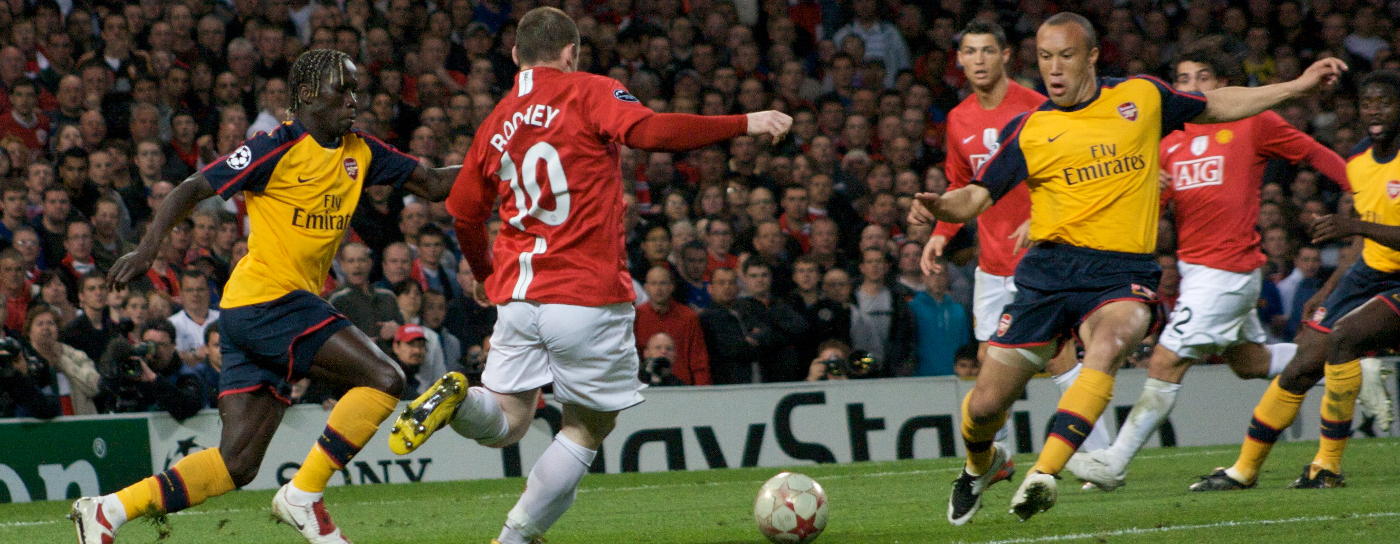
J4P promised on Twitter about three weeks ago to find out more about this deal and its legality.
On Twitter and on our forum we asked for people who were willing to share their experiences both positive and negative concerning the deal. Unsurprisingly, the responses were primarily negative. J4P thanks all who replied. Those who replied with a positive experience require a special note, because people rarely do that.
J4P then recruited a group of 10 people who were owed money and asked if they would support J4P, if and when, either the Gambling Commission (GC) or the Competition and Market’s Authority (CMA) asked for evidence. A special thank you to these 10 people, despite neither the GC or CMA asking for their evidence.
The same email was then sent to both the GC & CMA. It follows here:
Dear *,
I write to you in the hope that one or both of your organisations might consider investigating this deal.
‘Justice for Punters’ (J4P) has been collecting information from gambling customers and it appears that Betfred are treating people quite differently without providing sufficient information as to why. I would like to think I might be able to say, “I’m surprised,” but I’m not.
According to the liquidator, “Please note that the customer accounts and customer balances were not sold. The consideration received for the transfer of the customer accounts is the agreement of the transferee that they would honour customer balances. The reason why we selected three separate transferees covering three separate regions is because these were the three best offers we received. When deciding which offer was the “best” offer, we considered which transferee had agreed to accept the largest number of customer accounts and was willing to honour the highest value of customer balances.”
This quote makes it abundantly clear that some MoPlay accounts will not be honoured, which begs the question as to why UK customers have not been told this, be that by the companies or the regulator?
J4P put out a call on our Twitter timeline for people to get in touch with us if they’d had no problems with being paid monies that were in their MoPlay account when Betfred obtained the customer list. We are delighted to say that some people responded stating that everything went smoothly, albeit in some cases their Betfred account was closed immediately. This does suggest that Betfred may have been given access to, not just basic personal account details, but all trading notes on each account? These privacy issues are another thing for another day though.
One company that provides services for punters and many individuals have been in touch with J4P stating that Betfred is refusing to refund monies in their MoPlay account. These customers are simply referred to the liquidator by Betfred with no or little information about why this is the case. Of course, these people will likely receive nothing from the liquidator (see: https://www.pwc.gi/services/assets/Addison_Global_Limited-Preliminary_report.pdf)
The Guardian has published a story about this issue: https://www.theguardian.com/sport/2020/apr/19/betfred-accused-of-withholding-funds-from-punters-despite-pledge?CMP=share_btn_tw#maincontent and continues to investigate the situation both in the UK and in Gibraltar.
None of the volunteers at J4P are lawyers. We are also not in a position to pay for legal advice on behalf of these customers who surely have a right to know why they are being treated differently? You can probably guess that the vast majority of these MoPlay customers were either winning customers with MoPlay and/or Betfred, although one person has admitted to self exclusions with other companies since publication of the Guardian article.
J4P has written permission from 10 affected customers to share details of their experience with both your organisations, but at this point all we ask is that one of your organisations provides an insight into the rights of these people and whether Betfred is allowed to ‘pick and choose’ who it deals with on the customer list? The basic understanding of J4P is that they this may not be legal, but you may know differently?
Finally, the accounts provided by the liquidator appear to suggest that Addison, and a group of linked companies and brands received a UK gambling licence despite those companies never being solvent without massive leverage from loans. In fact, did they have any assets at all? Why is this allowed, in what is a highly risky financial business.
We look forward to your feedback. With thanks in anticipation.
Yours sincerely,
Brian Chappell
Founder – ‘Justice for Punters’
After 7-days, because there had not been an acknowledgement of J4P’s email let alone an answer a polite reminder was sent. An apology was received and around another 7-days later a full response. The following is a summary of an extensive reply:
- Confirmation that customer accounts/balances were not sold to Betfred.
- Betfred acquired ‘relevant’ (see later as to the meaning of this), not all, customers’ data, as well as liability for those account balances.
- The liquidator, not the GC, decides how assets (including the customer base) are dealt with. The terms on which another gambling operator chooses to purchase that customer base is a commercial agreement between the liquidator and the purchaser.
- It is important to note that Betfred did not acquire MoPlay’s UK customer list in full and automatically assume responsibility for all of those customers. So it seems, Betfred (for whatever reason) chose not to acquire a certain group of customers (see ‘relevant’ above), which is a commercial decision that the GC cannot influence.
- To be able to access their MoPlay money, a customer needed to set up or have an active Betfred account that Betfred was willing to transfer the MoPlay money into.
- It is thought a former MoPlay customer may not have been accepted by Betfred under this arrangement for one or some of the following reasons or possibly others not listed:
- They are a telephone or credit betting customer (J4P thinks unlikely)
- They have been previously or are self-excluded (J4P thinks extremely unlikely)
- Their account is frozen or suspended (J4P thinks highly likely)
- Once a MoPlay customer has been accepted by Betfred, Betfred assumed the liability to pay the cash balance in the customer’s MoPlay account as of 13 March 2020.
- The GC is aware that there are some customers who will not get their money back, but their enquiries established that at one point there was a significant risk that few, if any, of MoPlay’s customers would have any funds returned to them. In the circumstances, whilst the GC recognises that this will not provide comfort for any customer who lost money, the GC does feel that the sale of the customer database under the terms of a contract did produce a better outcome for the majority of customers in what was an unusual and difficult situation (despite not being ideal, J4P does see the sense in this).
J4P hopes we have represented the GC’s reply, Betfred, MoPlay and the liquidator correctly, but if not J4P apologies and will change any text immediately, if asked.
Next, the following is a summary of J4P’s reply to the aforementioned:
- J4P respects that the Betfred deal is a far better outcome than everyone not being paid, but that is very difficult to explain to someone who is owed over £20,000 and has a restricted Betfred account for which they’ve likely had no explanation for this action.
- This has to be one of the best deals ever. Pay nothing for an extensive customer database and then select out customers you wish to compensate and trade with moving forward. The only upfront costs being the customers Betfred alone decides to compensate.
J4P thinks the most important thing is; what are we going to learn
from this latest bankruptcy?
- J4P would hope there will be a consideration of whether the present system for rating of customer fund safety is of any use whatsoever, because very few customers ever read or understand it.
- Did J4P read somewhere that the GC is proposing licensee T&Cs in the future that have to contain an easily accessible summary of the most important terms? If yes, this is a good idea and should contain clear details of customer fund safety. Where licensees have a policy of not trading with customers who may win betting on sports using skill, this should also be made clear in this summary. Nevertheless, it does depend on where this information appears. J4P knows it’s going over old ground now, but J4P would like to see a T&Cs summary box having to be proactively agreed to before registration can be completed.
- Another matter that does come to mind is that J4P is sure MoPlay’s dire financial situation and reliance on one funder must have been apparent to the GC, both when awarding a licence and during company reviews. J4P clearly doesn’t know, but asks, is there any way that GC procedures could be tightened up to guard against such a situation again, e.g. That customer money has to be moved to a secure place immediately the GC has any hint of financial problems or to be fair, if the GC is less than happy about the initial financial structure of a gambling company?
In conclusion, as J4P expected it isn’t good news. J4P apologises for not getting anywhere, but J4P’s extensive experience of dealing with the GC is that if we press them further they will simply say go to court.
J4P has to admit that our legal knowledge doesn’t extend to whether this deal has been completed as per by English, other UK and EU law. The GC and CMA appear to have no concerns? Nevertheless, if anyone wishes to pursue this angle J4P can put people in touch to work together, but J4P has no income, so can’t pursue legal advice and/or action for people.
This is yet another experience for the ‘filing cabinet’. Hopefully some lessons will be learned. J4P doubts it though.
As a reader of this blog, your choice, but the main message from this incident and J4P’s investigation about it is; don’t leave much money on deposit with gambling companies unless they have a GC rating of 3 for protection of funds, because you may never see it again.








